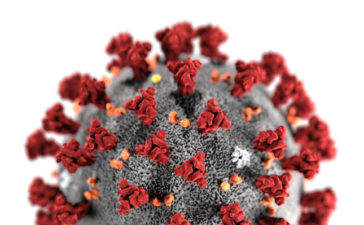Heart problems? A special diet might help as researchers have found that the popular and controversial ketogenic diet could completely prevent, or even reverse heart failure caused by a metabolic process.
For the findings, published in the journal Nature Metabolism, the research team looked at a metabolic process that seems to be turned down in failing human hearts.
“In an animal model, drastic heart failure in mice was bypassed by switching to high fat or “ketogenic” diets, which could completely prevent, or even reverse the heart failure,” said study author Kyle S McCommis from the Saint Louis University in the US.
“Thus, these studies suggest that consumption of higher fat and lower carbohydrate diets may be a nutritional therapeutic intervention to treat heart failure,” McCommis added.
According to the researchers, the heart’s myocardium requires vast amounts of chemical energy stored in nutrients to fuel cardiac contraction.
To maintain this high metabolic capacity, the heart is flexible and can adapt to altered metabolic fuel supplies during diverse developmental, nutritional, or physiologic conditions.
Impaired flexibility, however, is associated with cardiac dysfunction in conditions including diabetes and heart failure.
The mitochondrial pyruvate carrier (MPC) complex, composed of MPC1 and MPC2, is required for pyruvate import into the mitochondria.
This study demonstrated that MPC expression is decreased in failing human and mouse hearts, and that genetic deletion of the MPC in mice leads to cardiac remodelling and dysfunction.
“Interestingly, this heart failure can be prevented or even reversed by providing a high-fat, low carbohydrate ketogenic diet,” McCommis said.
“A 24-hour fast in mice, which is also ketogenic also provided significant improvement in heart remodelling,” McCommis added.
The findings showed that diets with higher fat content, but enough carbohydrates to limit ketosis also significantly improved heart failure in mice lacking cardiac MPC expression.
“Our study highlights the potential of dietary interventions to enhance cardiac fat metabolism to prevent or reverse cardiac dysfunction and remodelling in the setting of MPC-deficiency,” the authors wrote.





